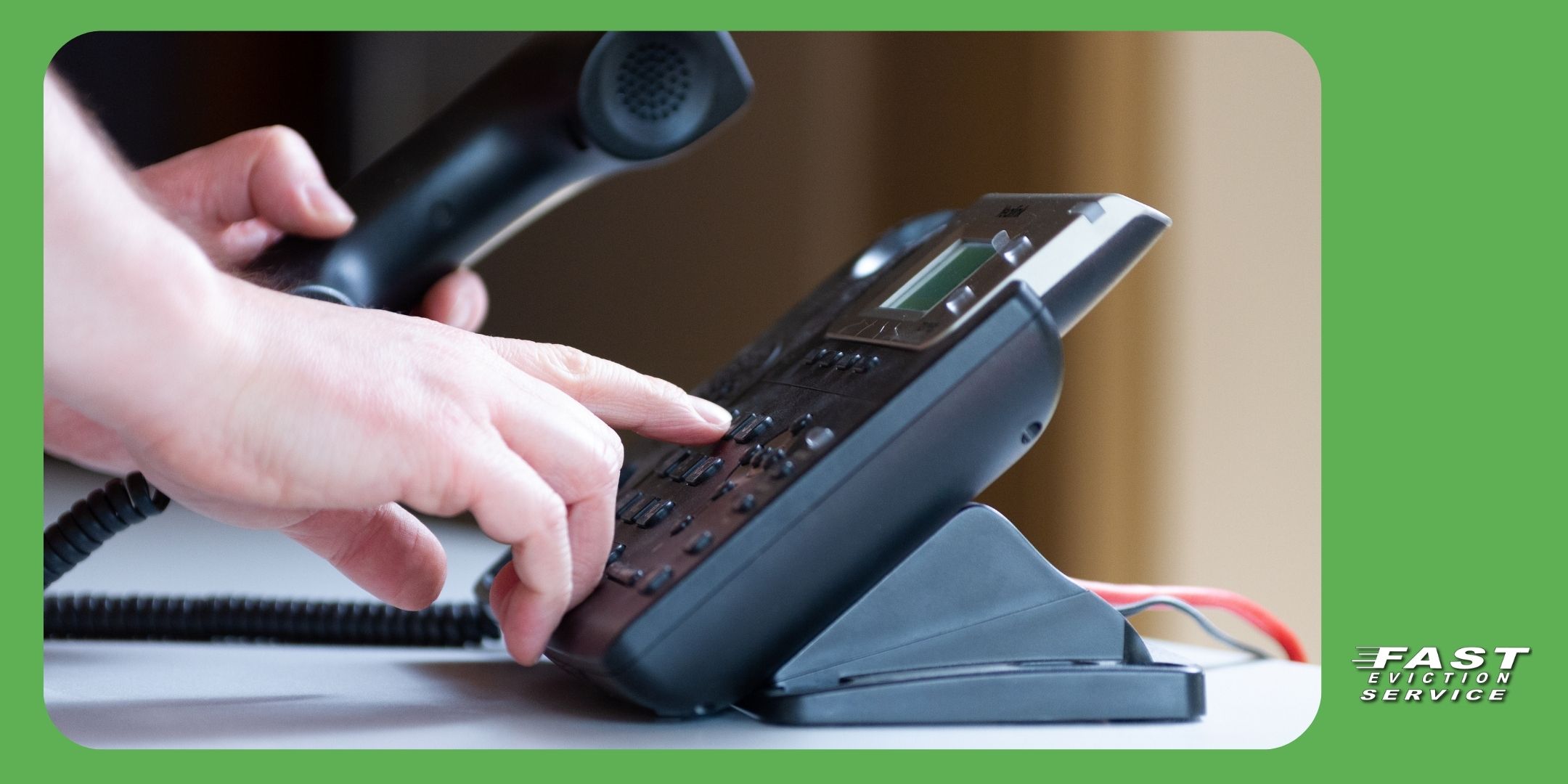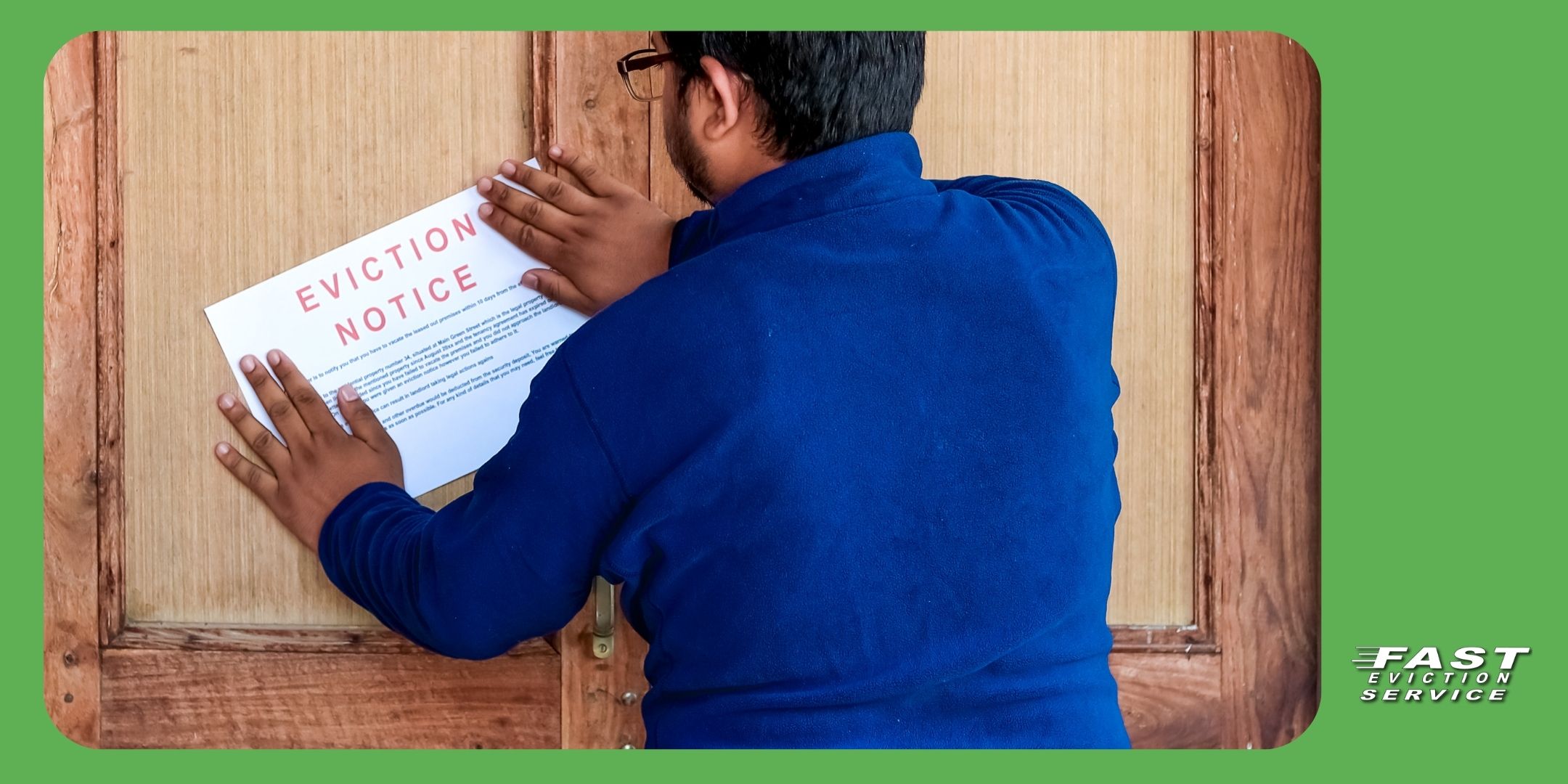Updated 10/30/24
Establishing a strong relationship with your tenants is crucial to maintaining a successful rental property. A good rapport can result in smoother operations, fewer vacancies, and even a better return on your investment. Effective landlord relationship advice can help you set the tone for positive interactions that benefit both parties. This article provides tips and insights on how to improve communication, build trust, and foster a respectful partnership with your tenants, which can lead to long-term success for everyone involved.

Table of Contents
- Importance of a Strong Tenant-Landlord Relationship
- Setting Clear Expectations from the Start
- Communication is Key
- Showing Respect and Being Responsive
- Regular Property Maintenance and Inspections
- Handling Conflict and Issues Professionally
- FAQs
Importance of a Strong Tenant-Landlord Relationship
A positive tenant-landlord relationship is mutually beneficial. When tenants feel valued and respected, they’re more likely to treat the property well, pay rent on time, and communicate openly about any issues. This leads to less stress for you as a landlord and can contribute to longer tenancy durations. Following simple yet effective landlord relationship advice can transform this connection into a thriving partnership that benefits your bottom line and keeps your tenants happy.
Setting Clear Expectations from the Start
Establishing clear expectations right from the beginning is fundamental in building trust. When tenants understand what is expected of them—and what they can expect from you—it reduces misunderstandings and potential disputes. Include detailed policies in the lease agreement, covering topics such as rent payment deadlines, maintenance requests, guest policies, and rules for shared spaces if applicable. A thorough lease not only serves as a guideline for tenants but also demonstrates that you are organized and serious about managing the property effectively.
Communication is Key
Good communication is the backbone of any solid tenant-landlord relationship. Being approachable and easy to reach can make tenants feel comfortable enough to reach out with concerns, keeping small issues from escalating into larger problems. A friendly yet professional tone is ideal when communicating, whether it’s through emails, phone calls, or in-person meetings.
For instance, make it a habit to send a friendly welcome email at the start of the lease. Regularly check in with tenants through brief messages, asking if everything is going well with the property. Consider setting up a clear process for tenants to submit maintenance requests or report any issues. Having a communication plan in place shows that you care about their well-being and are willing to resolve issues promptly.
Showing Respect and Being Responsive
Respect and responsiveness go hand in hand. Respecting your tenant’s privacy is as important as maintaining open communication. Give appropriate notice before visiting the property for inspections, repairs, or other reasons. Respecting their time and space can go a long way in creating a trusting relationship.
Responsiveness is another essential part of landlord relationship advice. Being responsive doesn’t mean you have to be available around the clock, but setting reasonable response times and honoring them consistently is crucial. Address maintenance requests promptly, or at least acknowledge them and provide an estimated timeline for resolution. When tenants feel heard and see that their concerns are being addressed, they are more likely to respect your property and fulfill their obligations.
Regular Property Maintenance and Inspections
Regular maintenance and inspections are important to ensure that your property remains in good condition and that tenants feel comfortable. Conduct routine checks on plumbing, HVAC systems, smoke detectors, and other critical areas to prevent issues from arising. Tenants notice when landlords are proactive about maintenance, which can increase their satisfaction and reduce turnover.
In addition, performing these inspections gives you an opportunity to check in with tenants and observe any potential problems that may need attention. Always notify tenants well in advance, explaining the purpose of the visit to maintain transparency.
Handling Conflict and Issues Professionally
Even in the best tenant-landlord relationships, conflicts may arise. When they do, your approach to problem-solving can either strengthen or harm the relationship. Approach every situation with empathy and professionalism, actively listening to the tenant’s side and then finding a solution that is fair for both parties. For example, if a tenant is late on rent, approach the situation by understanding any difficulties they might be facing and discuss potential solutions, such as payment arrangements.
It’s important to keep emotions out of conflicts. Avoid making it personal, and instead focus on the issue at hand. This professional approach demonstrates your commitment to finding reasonable solutions, building respect and trust.
Frequently Asked Questions
How can I build trust with my tenants?
Building trust with tenants starts with open and honest communication, respecting their privacy, and being responsive to their needs. Establish clear expectations from the beginning, and follow through with any promises or commitments.
What is the best way to handle a maintenance request?
The best way to handle a maintenance request is by responding promptly and setting a clear timeline for resolution. Even if you can’t resolve the issue immediately, acknowledging the request and providing an estimated timeframe shows that you’re attentive and committed to maintaining the property.
How often should I conduct property inspections?
Property inspections should ideally be conducted semi-annually to check for any damage, ensure everything is in working order, and address any potential maintenance issues. Always give tenants ample notice before conducting these inspections to respect their space.
Incorporating effective landlord relationship advice into your property management practices can improve tenant satisfaction, encourage long-term tenancies, and make the rental experience more enjoyable for both you and your tenants. By fostering trust, maintaining clear communication, and showing respect, you create a supportive environment that benefits everyone involved.


